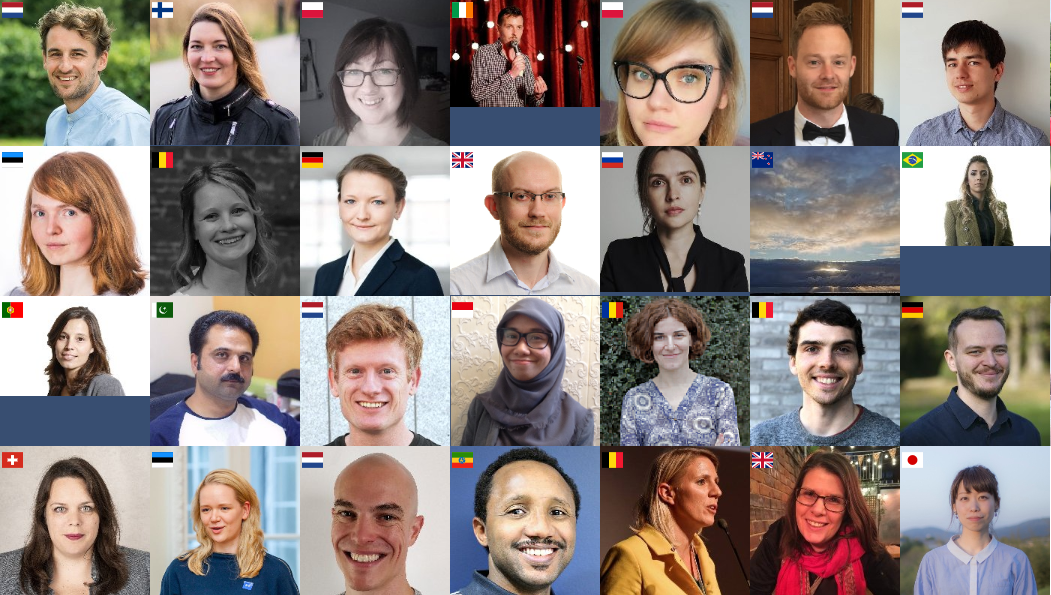Search

Engaging the community in COVID-19 rapid research

The research that is reducing the impact on families done by The Kids Research Institute Australia.

The Kids Research Institute Australia position on schools and COVID-19 in Western Australia
Research
The Association Between Obesity and COVID-19 Severity in Children Differed Between SARS-CoV-2 Variants: A Multicountry Hospital-based Observational StudyObesity was a risk factor for severe COVID-19 in children during early outbreaks of ancestral SARS-CoV-2 and the Delta variant. However, the relationship between obesity and COVID-19 severity during the Omicron wave remains unclear.
Research
SARS-CoV-2 Infection and Childhood Islet AutoimmunityThis cohort study examines whether there is a temporal association between SARS-CoV-2 infection and the development of islet autoimmunity among Australian children with a first-degree relative with type 1 diabetes.
Research
Are C-reactive protein and procalcitonin safe and useful for antimicrobial stewardship purposes in patients with COVID-19 - A scoping reviewThe primary objectives of this study were to assess the usefulness of C-reactive protein and procalcitonin in the diagnosis of bacterial co-infections in coronavirus disease 2019 (COVID-19) and if their incorporation in antimicrobial stewardship programs is safe and useful, stratified by severity of disease as level of care, intensive care unit (ICU) or non-ICU.
Research
The genomic evolutionary dynamics and global circulation patterns of respiratory syncytial virusRespiratory syncytial virus (RSV) is a leading cause of acute lower respiratory tract infection in young children and the second leading cause of infant death worldwide. While global circulation has been extensively studied for respiratory viruses such as seasonal influenza, and more recently also in great detail for SARS-CoV-2, a lack of global multi-annual sampling of complete RSV genomes limits our understanding of RSV molecular epidemiology.

News & Events
Return to school measures build confidenceWA parents and carers can have confidence in sending their children back to school on January 31 with the measures outlined in today’s Safe Return to School Plan.

News & Events
International COVID-19 ‘risk’ tool launched to reduce community transmissionThe Kids Research Institute Australia researchers have collaborated with global experts to launch an online tool designed to assess the risk of contracting COVID-19 and provide advice to reduce transmission.
Research
"Fighting the pandemic!" Western Australian pharmacists' perspectives on COVID-19 vaccines: A qualitative studyIn Western Australia, community pharmacists are authorized to administer a range of vaccines without a prescription. Since mid-July 2021, pharmacists can also administer Coronavirus Disease 2019 (COVID-19) vaccines. Little is known about how pharmacists think and feel about giving and receiving COVID-19 vaccines and how they discuss it with patients.
